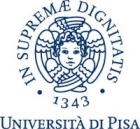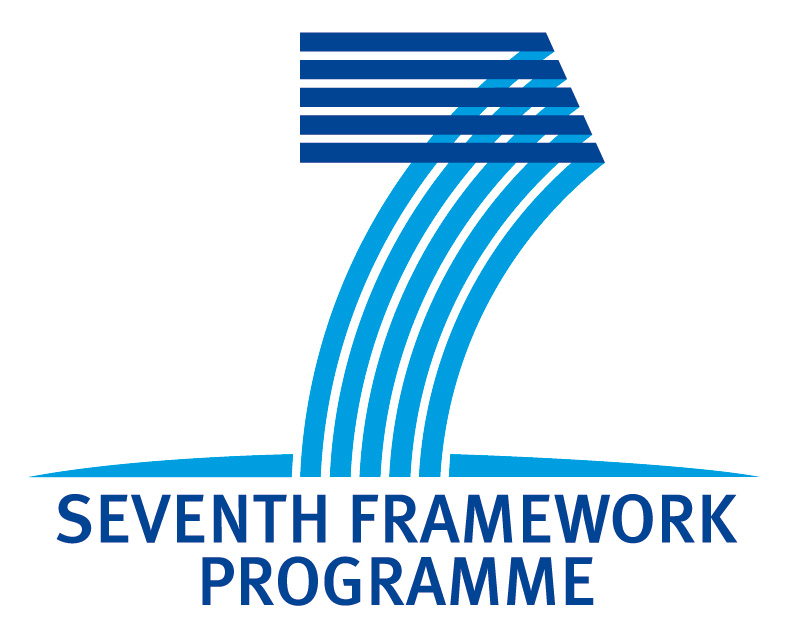|
Founded on 1343, Università di Pisa is one of the oldest and best-known among Italian universities, with roughly 60,000 students, over 3,000 full-time researchers, eleven faculties and fifty-seven departments. Università di Pisa, the Scuola Normale Superiore, the Scuola Superiore Sant’Anna and the local institutes of the Italian National Research Council (CNR) constitute the remarkable Pisan teaching and research structure. The Dipartimento di Informatica is the oldest in Italy, following the development in Pisa of the first Italian electronic computer during the Fifties. It hosts a three-year Ph.D. program in Computer Science, also the oldest in Italy.
|
 | Expertise. The research group on Models and Languages for Open Distributed Systems has developed over the years well recognized research on foundational models for concurrency, process calculi, constraint programming, artificial intelligence, graph rewriting systems. More recent research activities have focussed on semantic-based software methodologies for service oriented computing, handling orchestration and choreography, long running transactions, graph transformation with applications to UML and architectural design languages, and soft constraint techniques for modelling and reasoning about multicriteria optimization and contract languages. The theoretical results have been applied to the design and implementation of integrated verification toolkits (bisimulation checkers, model checkers) for specifying and proving properties of mobile distributed systems, experimental programming languages and middleware for service-oriented computing.
The research group was involved in the FET Global Computing project SENSORIA on Software Engineering for Service-Oriented Overlay Computers and in several Italian MIUR projects. It will also rely on the expertise of the members of the Computer Science and Research Area of IMT Lucca, a recently founded, quite selective graduate school and research institute.
Role in ASCENS. Università di Pisa will lead WP2 activities and will play an important active role in WP1, WP3, WP4 and WP5, by contributing to the development of novel theories, models and analysis techniques for connectors, self-aware components and ensembles. It will also collaborate to more pragmatical activities in WP6, WP7 and WP8, addressing the rigorous engineering of ensembles.
Key members
|






